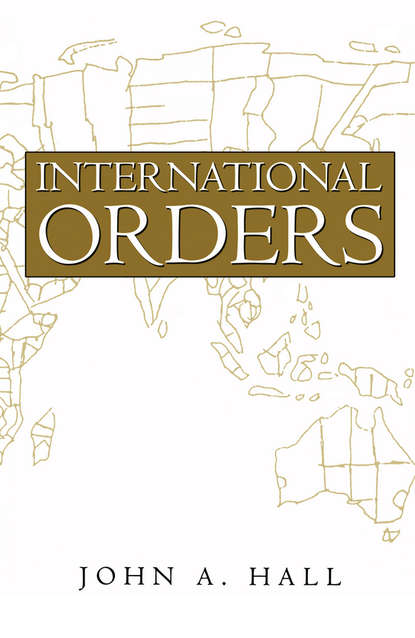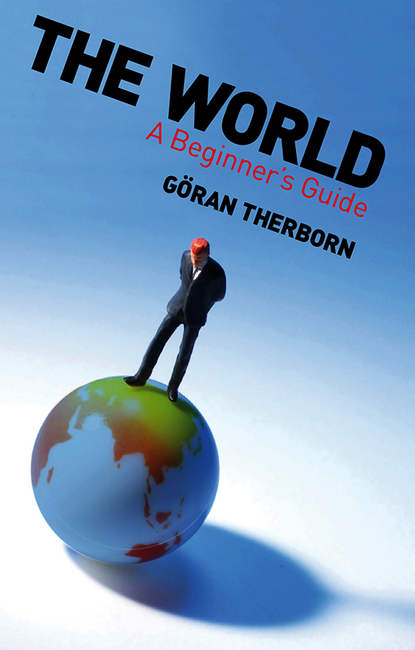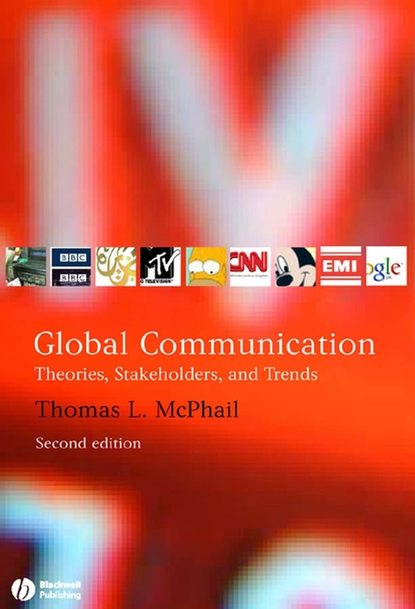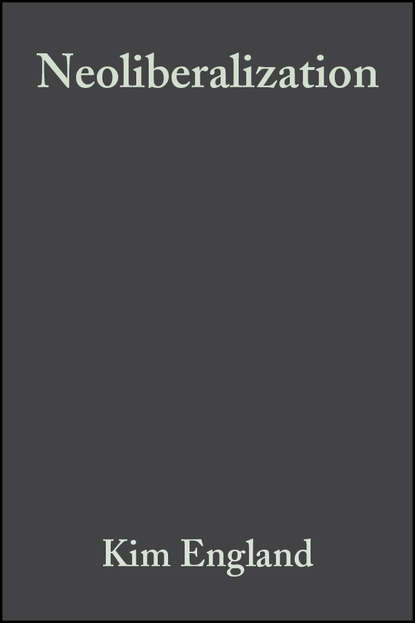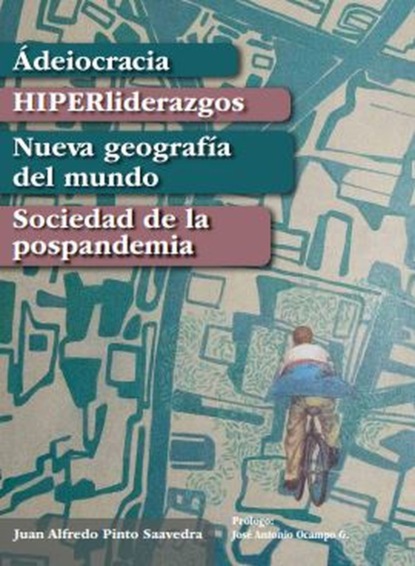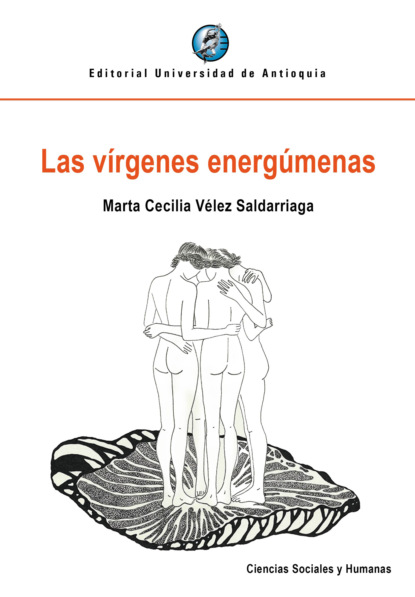International Orders — это книга о различных способах достижения порядка в мировых делах и как это связано с политическими дилеммами и возможностями. Книга начинается с различения понятий мирового порядка и международного порядка. Вслед за этим анализируется пять различных принципов международного порядка: равновесие сил, союз великих держав, либеральные режимы, взаимозависимость и гегемония. Однако принцип международного порядка редко бывает четким и понятным. Он переплетается с восприятием людей и планами политических лидеров, которые стремились структурировать мировую политику в соответствии со своими целями. В основе этой работы лежит подробная историческая социология о том, как был достигнут международный порядок на трех важнейших этапах в истории государства. Теория и доказательства используются для изучения возникновения Европейского государствами системы, развития европейских государств от Вестфалии до нацистской эпохи и появления и влияния «холодной войны». Заключительная часть работы посвящена рассмотрению сил интеграции и дезинтеграции, которые могут способствовать укреплению или подрыву мира, и аргументов, которые подтверждают этику вмешательства в дела других государств.
Электронная Книга «International Orders» написана автором John Hall R. в году.
Минимальный возраст читателя: 0
Язык: Английский
ISBN: 9780745677316
Описание книги от John Hall R.
This book examines the different ways in which order has been achieved in world affairs with a view to understanding current political dilemmas and opportunities. International Ordersbegins by distinguishing between world order and international order in the spirit of Hedley Bull. This leads to an analysis of five different principles of international order – the principles of the balance of power, the concert of great powers, liberal regimes, interdependence, and the exercise of hegemony. However, principles of international order are rarely simply clear cut in their operations, they intermingle with the perceptions of human agents and the plans of political leaders who have sought to structure the world polity to serve particular aims. The core of this volume comprises a detailed historical sociology of how international order was achieved at three crucial phases in the history of the states system. Theories and evidence are deployed to examine: the emergence of the European states system; the development of the European state from Westphalia to the rise of Nazism; and the emergence and impact of the Cold War. Throughout, the theories of world order are examined, tested and, in the light of evidence, improved. In conclusion, considerable attention is given to the forces of integration and disintegration which might strengthen or undermine world order in the future, and an argument is offered concerning the ethical grounds on which intervention in the affairs of another state might be justified.
